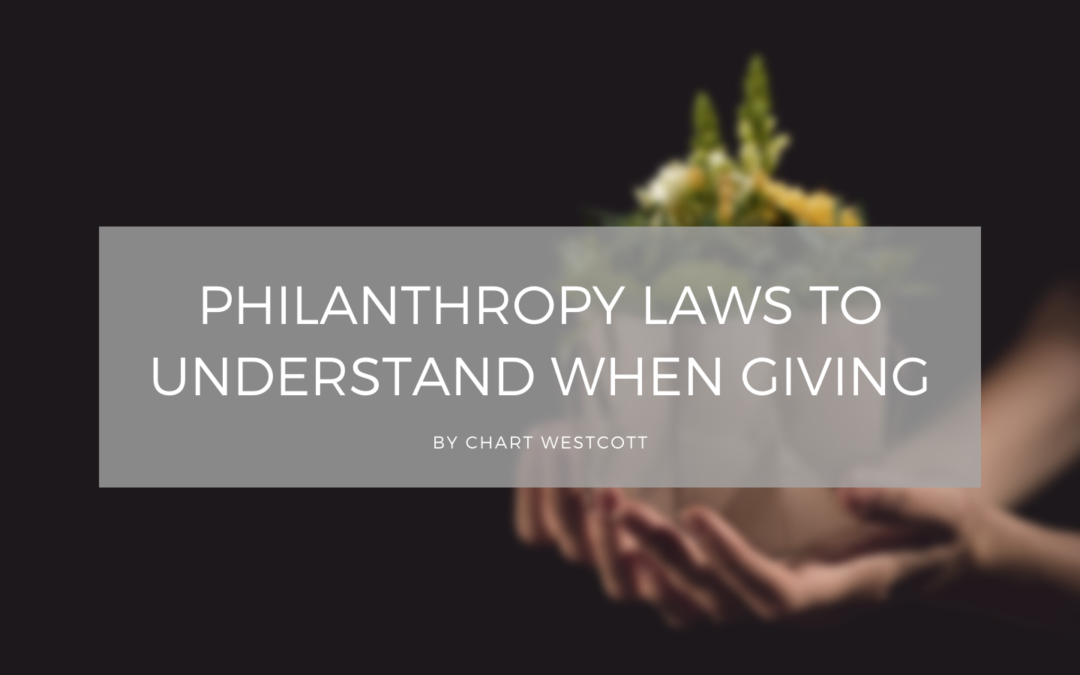Philanthropy involves voluntary initiatives and efforts to enhance the overall social welfare. Essentially, philanthropy is a lot more than just charitable donations and funding. Philanthropists work to eradicate poverty and human suffering, and to establish better living standards for the people.
Legal structures are among the most critical considerations for philanthropists. The success of philanthropic projects significantly depends on the law and legal structures.
Types of Philanthropic Legal Structures
Typically, there are several philanthropic giving structures from which to select. Legal specialists classify these structures in two major classes; private foundations and public charities. Additionally, philanthropists can choose to either work with a single specific strategy or to combine several structures.
Private foundations are independent firms that work primarily to meet charitable goals. America’s philanthropy pioneers, including Andrew Carnegie and John Rockefeller, employed these foundations to create a lasting legacy.
Essentially, private foundations fund different charitable facilities and individuals. These organizations acquire funding from one source, such as a corporation, friends, or family. Additionally, private foundations are run by the donors or an exclusive board appointed by the donors. According to the US law every private foundation should remit 5% of the assets every year, failure to which you incur excise tax.
Public charities, on the other hand, use funds and monetary support from a wide variety of entities. These include community foundations, government organizations, and the public. Unlike private foundations, public charities cannot make grants alone. The law requires public charities to keep up their tax status at all times. Moreover, public charities must provide considerable authentication of financial aid from the public.
Deciding the Best Legal Structure for a Philanthropic Project
The choice of giving structure is among the most crucial decisions for philanthropists. The best strategy should primarily aim at meeting current philanthropic goals. In-depth research and consultation are, consequently, vital to ensure the success of philanthropic projects. In some cases, incorporating diverse strategies might be the perfect solution to bring your philanthropic objectives to fruition.
Legal professionals provide the much-needed tax advice when deciding on the appropriate structure. Financial advisors offer helpful opinions in matters of money management. If you have a private foundation, make sure to consult a family office. Most importantly, be open-minded and make sure to re-evaluate your structure annually.

